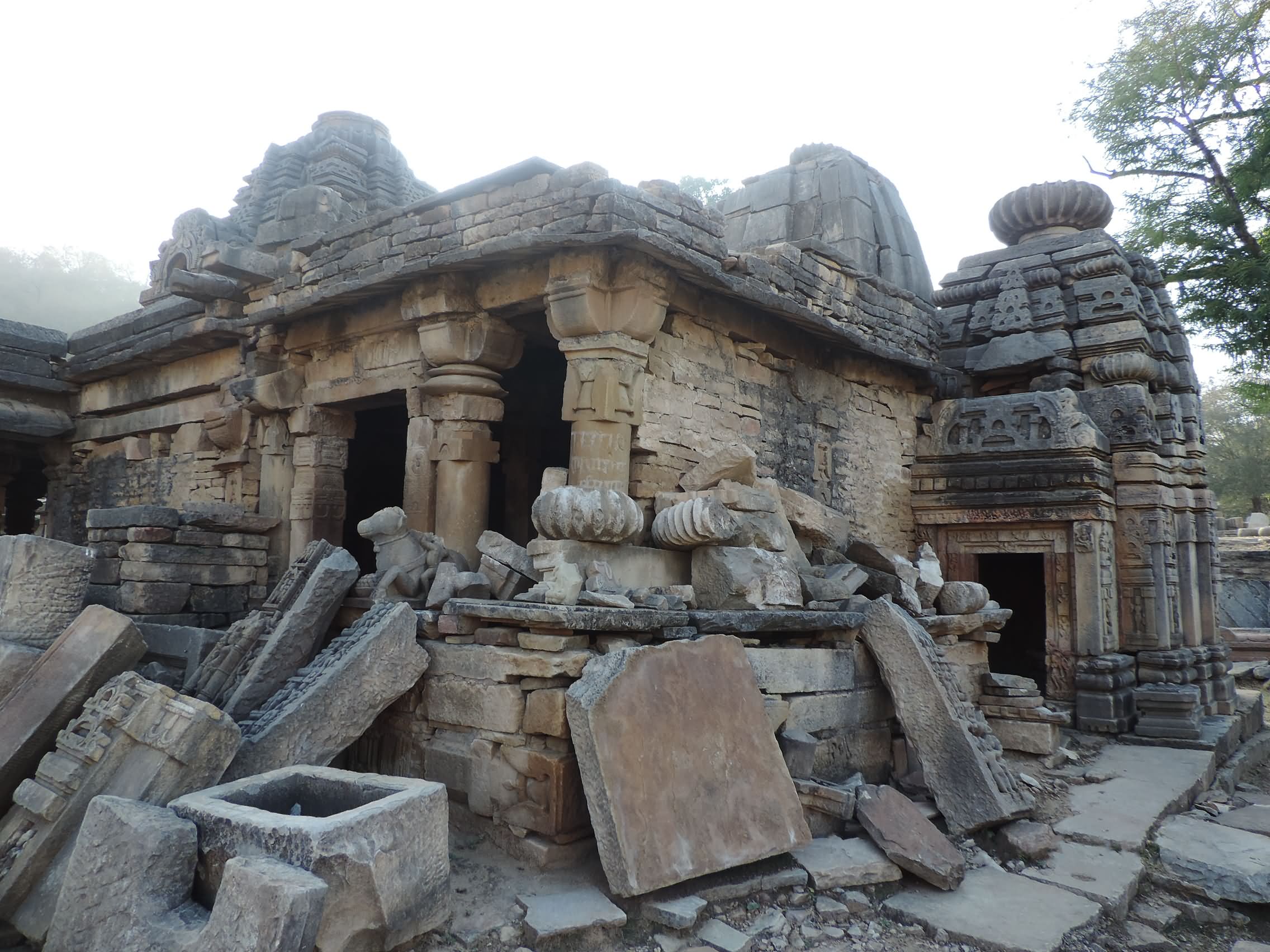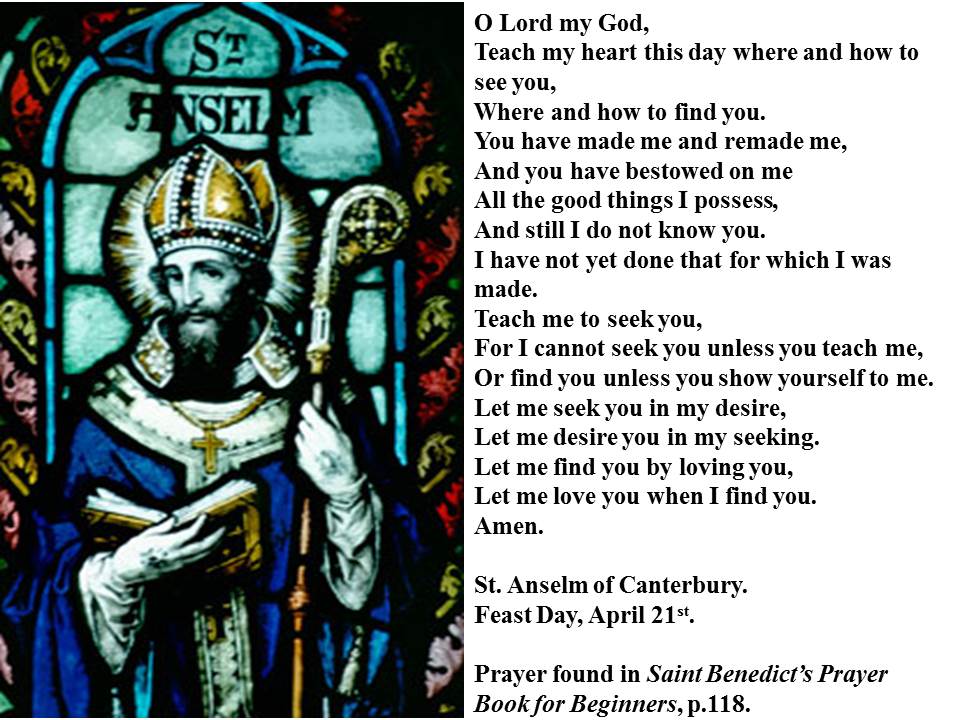
Give ear, O Lord to my prayer, and attend to the voice of my supplications. In the time of my trouble I will call upon you, for you will answer me. (Psalm 86:6-7. The Book of Common Prayer, p.710).
The great Desert Father Antony once wrote, “Just as fish die of they stay too long out of water, so the monks who loiter outside their cell or pass their time with men of the world lose the intimacy of inner peace. So like a fish going to the sea, we must hurry to reach our cell, for fear that if we delay outside we shall lose our interior watchfulness.”
Christine Valters Paintner in her book Desert Fathers and Mother’s: Early Christian Wisdom Sayings wrote, “The Greek word nepsis means “watchfulness.” It refers to a kind of calm vigilance in daily life, staying attentive and aware to the inner movements of the heart, watching one’s thoughts, and noticing patterns that arise. This inner attention, conducted with compassion, is the grace of the desert way.” (Pages 8-9).
The cell that Antony is writing about is our hearts. The heart in Christian spirituality is “the whole of ourselves.” The Psalmist is writing to ask God for help in times of trouble. The Psalmist knows the troubles that have been, and those ahead require God’s help to work through them.
We are living through some very difficult times. The coronavirus along with the excessive violence has everyone including me experiencing what seems like endless pain and confusion. We are inundated by the fast paced media that is bombarding our sensory awareness to overload.
The Psalmist and the Desert Monastics tell us to return to our cells (our hearts) and spend time in the presence of God in silence and solitude to reclaim our true sense of self. Contemplative prayer and mysticism calls us to embrace the peace of God that leads us to an awareness of what is really happening with in the heart of who we are. Let us remember that Jesus is walking with us through the events of the present time; and the Holy Spirit is teaching us from deep within our hearts. We do not have to understand anything. What we must do is let go of trying to determine a conclusion to the ongoing experience of God’s extravagant love that is transforming us “from glory into glory” in the here and now.
“How much more important, then, to lay our petitions before the God of all with the utmost humility and devotion.”
“The function of times of prayer, then, is not to have us say prayers; it is to enable our lives to become a prayer outside of prayer, to become ‘pure of heart,’ one with God,,,,” (The Rule of Benedict: A Spirituality for the 21st Century, Joan Chittister, p.132).
Are you setting time aside in your life to listen to God within the whole of yourself?
Amen.
Peace be with all who enter here.
Brother Anselm Philip King-Lowe, OSB
Please scroll down to the bottom of the right sidebar and click on the Benedictine Coffee Mug if you feel led to buy me some coffee. It helps support this blog ministry. Thank you so very much.
Visit Br. Anselm Philip’s Ministry for Spiritual and Grief Companionship to contact me if you are in need of any assistance.







